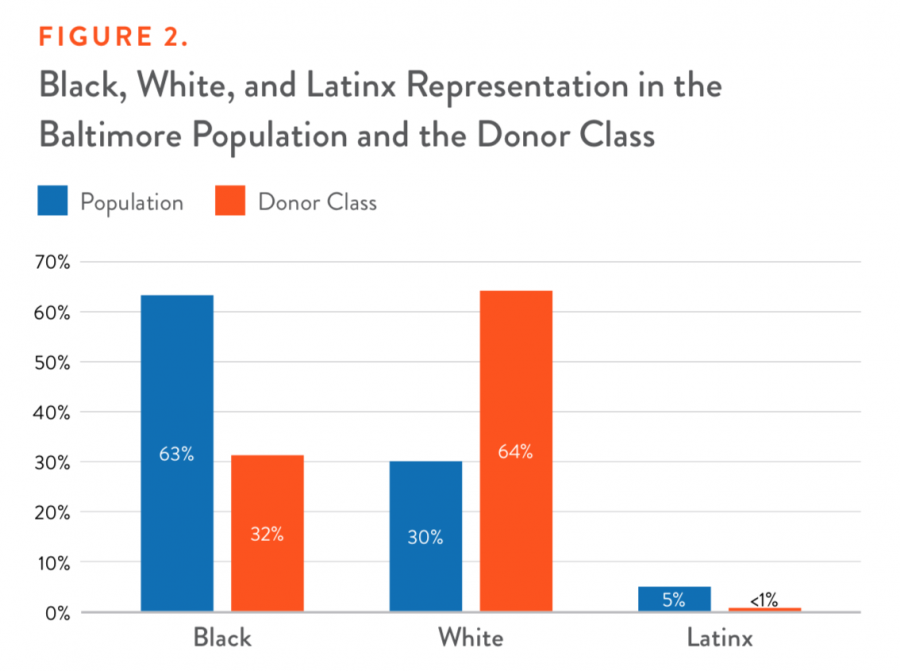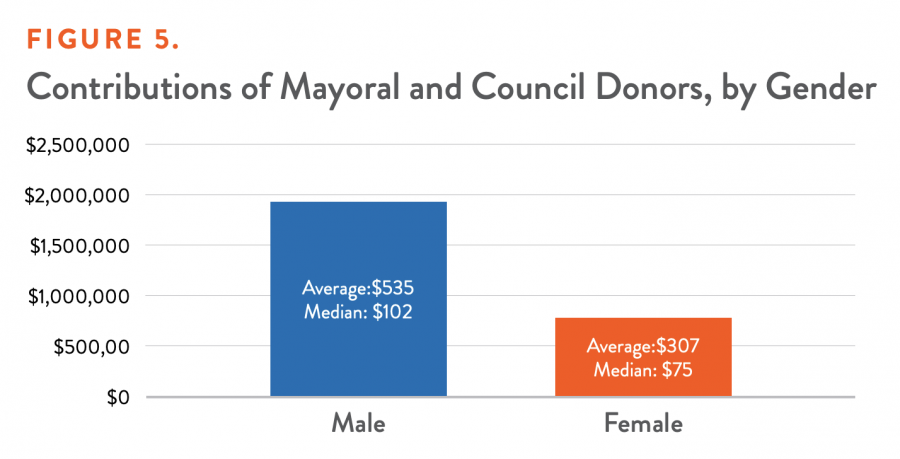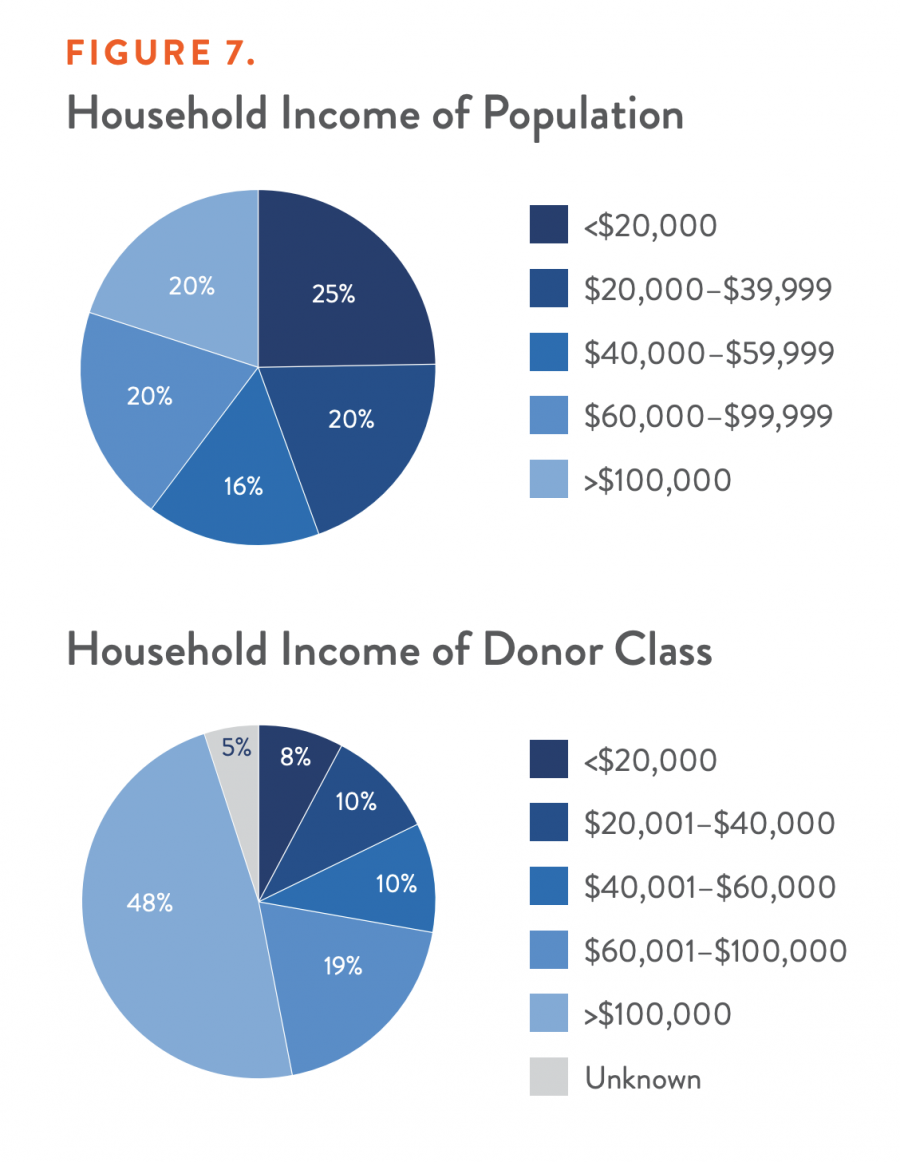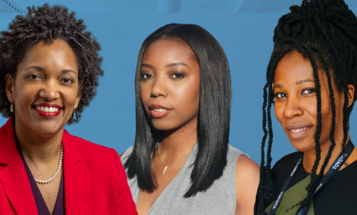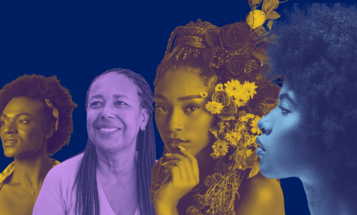
3 Reasons Baltimore Needs Public Financing for Elections
Baltimore’s campaign donors lack diversity across race, gender, and socioeconomic status. The Baltimore Fair Election Fund, designed with equity and community engagement at the forefront, can change that.

Today, democracy champions in the city of Baltimore introduced legislation to implement the program Baltimore voters overwhelmingly supported last November to use public financing to enhance the contributions small donors make to electoral candidates. The Baltimore Fair Election Fund will make the city’s political system more equitable and representative by increasing the racial, gender, and socioeconomic diversity of donors to local races and by making it easier for women, lower-income people, and candidates of color to run for office and win.
The Baltimore Fair Election Fund will make the city’s political system more equitable and representative[.]
This voluntary program would provide public dollars to qualified candidates running for Mayor, City Council, and Comptroller. Baltimore’s program promotes equity in elections by employing a “tiered matching” model that amplifies the contributions from small donors most—those giving $25 or less have their donations matched 9:1, while larger gifts, up to $150 per donor, are matched at lower rates. The model also makes “qualifying boosts”—similar to the seed grants Demos advocated for and that were adopted in Washington, D.C.—available to candidates for Mayor and Council President. The high price tag on these races, coupled with the significant capital needed to get a campaign off the ground, have kept diverse candidates from successful runs. The Baltimore model helps those candidates with more modest resources—who tend to be people of color, women, and, of course, low-income people—get started and become competitive during the critical early days of their campaign.
Reform to the financing of elections cannot come too soon to Baltimore. Our research on the city’s 2016 election found a donor class dramatically out of sync with the city’s rich diversity.
1. Baltimore’s donor class does not reflect the racial diversity of its population.
Black people make up nearly two-thirds of Baltimore residents but only one-third of donors; white people make up less than a third of the city but constitute two-thirds of donors. Latinx, Native American, Asian American, and other communities of color together make up almost 10 percent of Baltimore’s population but are virtually unrepresented in the donor pool.
2. Donors to Baltimore elections are also disproportionately male.
Women make up more than half of Baltimoreans but well under half—44 percent—of donors. Their aggregate contributions total well under half that of men, and they give on average $250 less per donation than men.
3. The donor class is also much more high-income than Baltimore overall.
Half of all families in Baltimore make $47,000 or more per year, yet nearly half of donor households make more than $100,000 per year.
Alongside our Inclusive Democracy Project (IDP) partners Step Up Maryland, Architects for Justice, and the Baltimore NAACP, Demos has joined a coalition of grassroots and state groups working for a robust, equitable Fair Election program in Baltimore. In addition to the equitable program design, the coalition also succeeded in ensuring the legislation has strong provisions for community engagement, accessibility, and accountability. We’re thrilled with the legislation introduced, and will keep fighting to ensure the policy ultimately adopted reflects the values Demos and our partners always keep at the forefront: community leadership, racial equity, and social justice.

